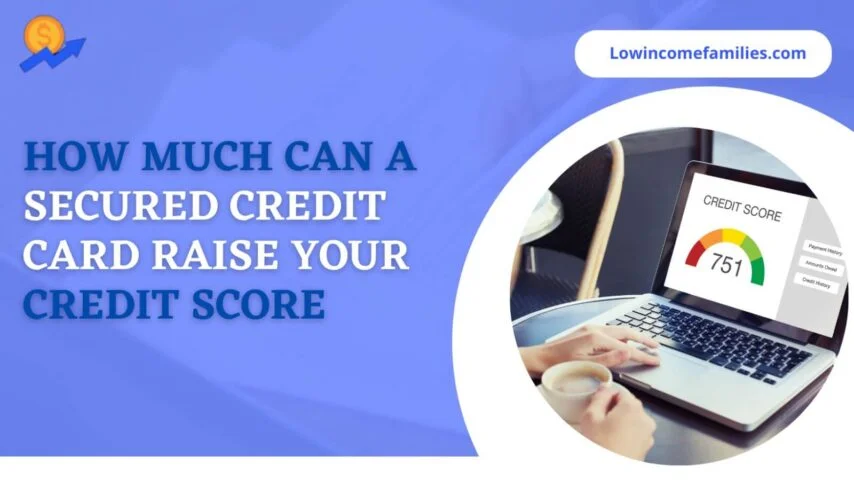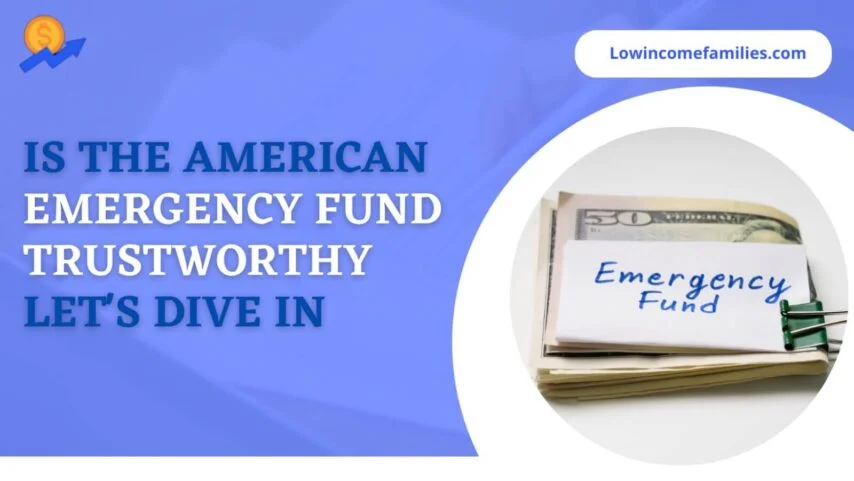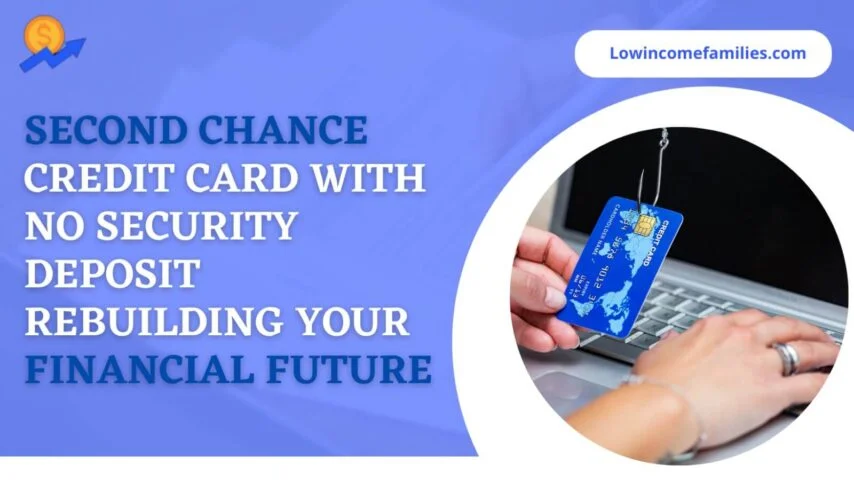Are you a college student who wants to start building credit? As a student with no credit background, getting your first credit card might seem scary, but don’t worry! There are credit cards that are made just for college students like you. These cards can help you build a good credit history while giving you perks that fit your lifestyle as a student. This article looks at the 10 best credit cards for college students who have never had a credit card before.
Why are credit cards important for students?
Students can do more with credit cards than buy things with them. They help you build a credit past, showing that you are responsible with money and can be trusted. In the future, having a good credit background can help you get loans, rent homes, and even get better insurance rates.
Unsecured Credit Cards For Bad Credit
Top 10 Best Credit Cards for Students With No Credit History
-
Cash Back for Students with Discover it®
Students who want to start building credit can get a lot out of the Discover it® Student Cash Back card. This card has a cash-back program with areas that change, so you can earn points on purchases you make every day. Also, after the first year, Discover will match all the cash back you’ve earned, meaning your benefits will be worth twice as much.
-
Capital One Student Rewards Journey
Students who want to build credit responsibly can get the Capital One Journey Student Rewards card. It gives cash back on all purchases, and the cashback rate increases if you pay on time. This tool helps people start with good spending habits.
-
Citi Rewards+SM Card for Students
Every time you purchase with your Citi Rewards+SM Student Card, your earnings are rounded up to the nearest 10 points. This card is great for students who want to get the most out of small purchases to earn points.
Credit Cards With $5000 Limit Apply Now
-
Students can get a Bank of America® Cash Rewards Credit Card
This Bank of America® credit card is a good choice for college students who spend a lot on gas, food, and groceries. With its cash-back program and the ability to choose your own points area, you can get rewards for what you buy most often.
-
Students with a Deserve® EDU Mastercard
The Deserve® EDU Mastercard for Students is made for international students and those with little credit history. This card gives you cash back, doesn’t ask for your Social Security number when you apply, and gives you a year of Amazon Prime Student as a bonus for signing up.
-
Credit Card from Capital One
The Capital One Platinum Credit Card is an unsecured credit card that students with a good or limited credit background can use. Even though it doesn’t give rewards, it can help you build credit and boost your credit limit if you use it responsibly.
-
Petal® 2 Visa® Credit Card “Cash Back, No Fees”
Students who don’t want to pay fees should get the Petal® 2 Visa® Credit Card. This card has no fees for being late or using it in a different country. It also lets you get cash back on purchases.
-
Wells Fargo Cash Back CollegeSM Card
The Wells Fargo Cash Back CollegeSM Card is made to help students build credit and get cash-back rewards simultaneously. It has a rewards program with different categories and gives extra awards for paying on time in the first six months.
-
Capital One® Journey® Student Rewards
The Journey® Student points card is another card from Capital One. It has an easy points system and gives 1% cash back on all purchases. It also encourages people to pay on time by giving them a higher cash-back rate if they do.
-
The State Farm® Student Visa® Credit Card
The State Farm® Student Visa® Credit Card is a simple way for students who don’t want extras to build credit. It doesn’t charge a yearly fee and has a cheap interest rate, which makes it a good choice for people who want to use credit responsibly.
Best Credit Card For Groceries and Gas
Advice On How To Use A Student Credit Card
-
Pay On Time To Be Smart
Payments must be made on time to build a good credit past. Your credit score can go down if you pay late.
-
Stay In Your Bounds
Even though using your credit card for different purchases is tempting, stay well below your credit limit to keep your amount from getting too high.
-
Track What You Spend
Keep track of your spending so you only spend a little. Use planning apps to help you keep track of your money.
-
Avoid High Balances
Try to pay off your credit card debt in full every month to avoid having a high balance. Having a lot of debt can cost you a lot in interest and hurt your credit score.
-
Check Your Credit Score
Always monitor your credit score and credit record. This will help you find any differences or possible problems quickly.
Conclusion :-
In the end, if you are a student with no credit background, getting your first credit card is a key step toward building a strong financial base. These 10 credit cards are designed for students and offer perks like cash-back choices, rewards programs, and low fees. Remember that a good credit past is built on responsible credit card use, so pay your bills on time and use your credit card carefully.
Frequently Asked Questions
Why do college students need credit cards if they have no credit history?
Students without a credit history must have credit cards to begin establishing credit. Positive credit history is essential for future financial endeavors such as obtaining loans, renting apartments, and procuring higher interest rates.
What are the primary advantages of credit cards for students without a credit history?
These credit cards typically have lesser credit limits and looser approval standards, making them ideal for students. In addition, they offer rewards programs, cash back on purchases, and incentives for responsible credit use.
How can a student with no credit history choose the finest credit card?
Consider rewards programs, cash-back rates, annual fees, and interest rates. Consider credit cards that offer rewards for on-time payments and allow you to increase your credit limit over time.
What is the importance of student credit card rewards programs?
Reward programs allow earning points, cash back, and other purchase incentives. These rewards can accumulate over time and provide additional value for using a credit card responsibly.
Which credit cards offer rewards tailored to the spending behaviors of students?
Some credit cards offer rewards on student-relevant categories, such as dining, consumables, and petrol. Based on their typical expenditure patterns, these rewards programs can assist students in maximizing their benefits.
Do student credit cards include any fees?
Some student credit cards do not charge annual fees, making them more accessible to those with limited funds. However, perusing the terms and conditions is essential to understand any possible penalties for late payments or exceeding your credit limit.
How will using a student credit card help me establish credit?
Responsible use of a student credit card by making on-time payments and maintaining low balances demonstrates to lenders that you are a responsible borrower. This positive payment history contributes over time to developing a solid credit profile.
Are there any potential drawbacks to using student credit cards?
You must responsibly manage your credit card to avoid squandering and accumulating debt. Additionally, carrying a burden from month to month can result in financial hardship due to high-interest rates on balances.
What should I do if I neglect a credit card payment on my student card?
Immediately contact your credit card issuer if you neglect a payment. They can work with you to waive late fees and establish a repayment plan. However, clearing up missed payments as soon as feasible is essential to prevent credit history damage.
Can I convert my student credit card to a standard card?
Once you have established a positive credit history, many credit card issuers will allow you to convert your student credit card to a regular one with higher credit limits and additional benefits.











